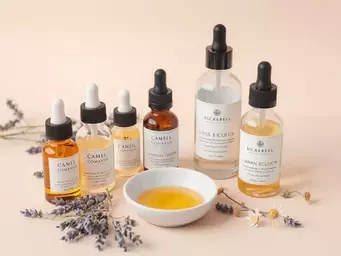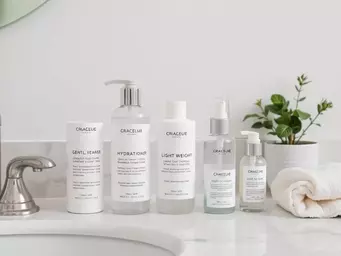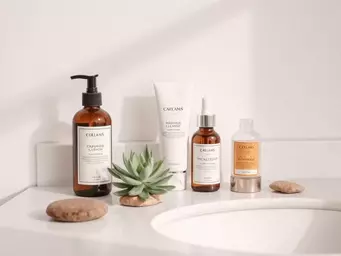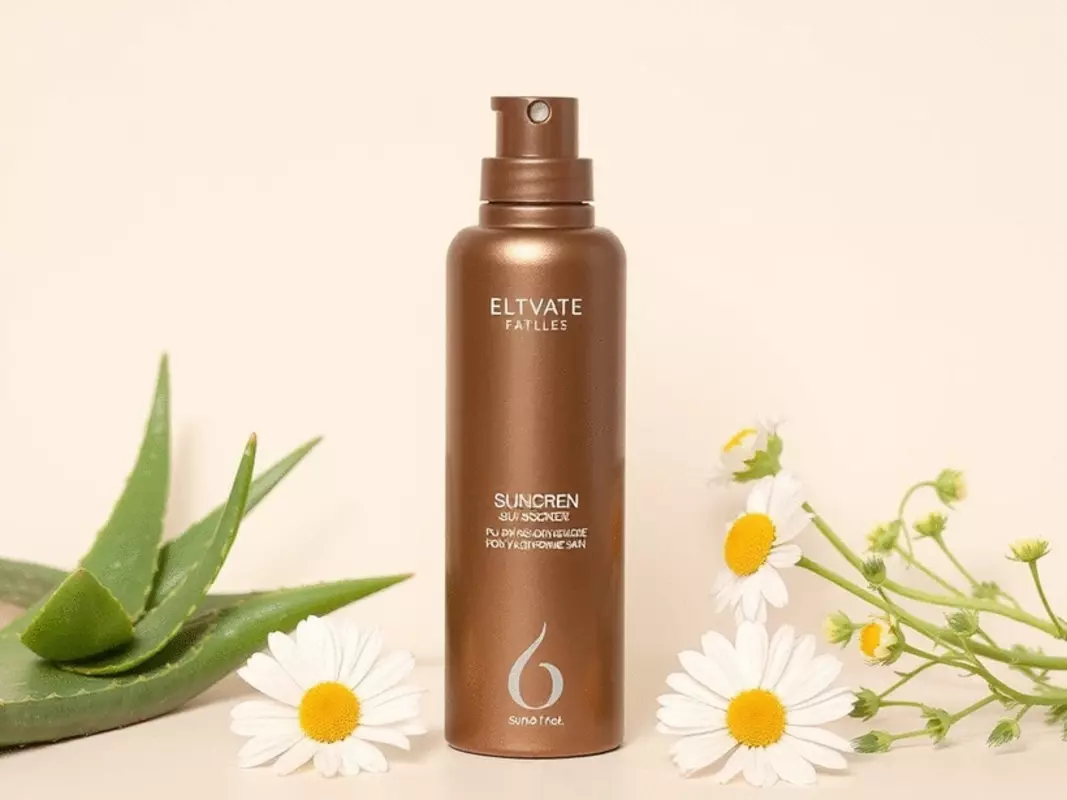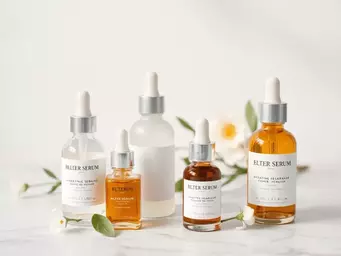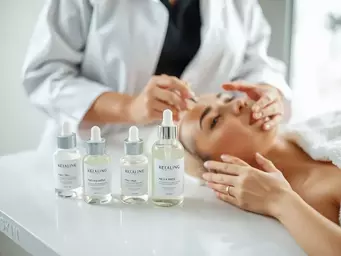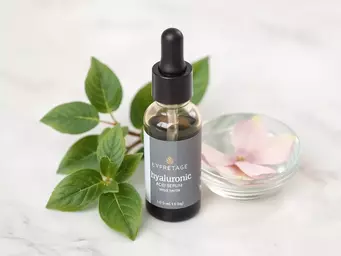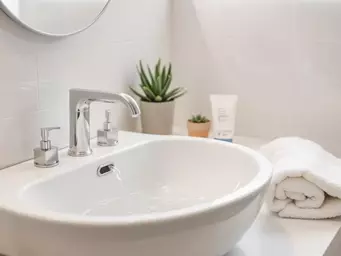Effective Spot Treatments for Dry Acne
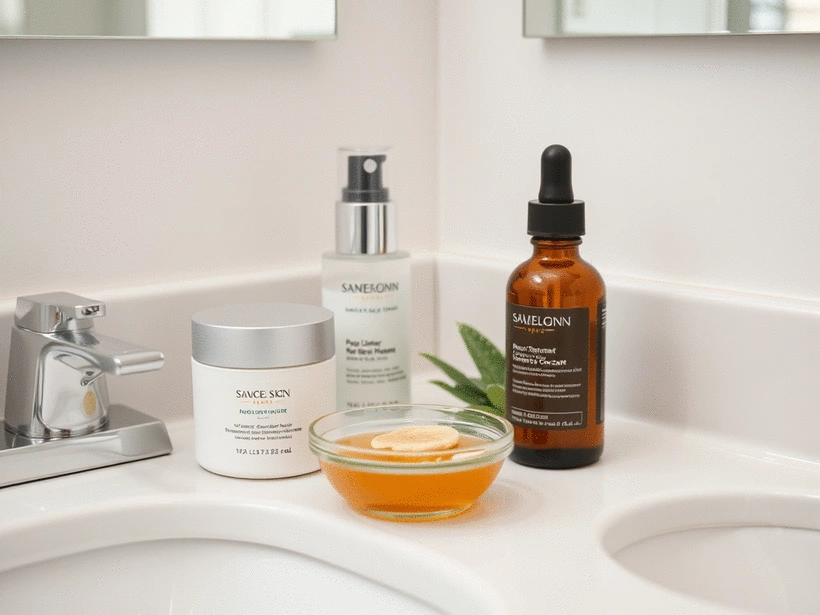
Balancing hydration and acne treatment can feel like a complex puzzle. Did you know that the wrong skincare products can exacerbate both dryness and breakouts? Understanding the unique needs of dry acne-prone skin is essential to achieving that coveted glow. Let's explore the key strategies to navigate this challenge effectively.
What You Will Learn
- Traditional acne treatments can worsen dryness if not paired with proper moisturization.
- Moisturization is essential for maintaining skin barrier function and preventing flare-ups.
- Key ingredients like hyaluronic acid, niacinamide, and ceramides are vital for balancing hydration and treating acne.
- Incorporating gentle, hydrating products into your routine can effectively manage dry acne-prone skin.
Key Ingredients for Dry Acne Skin: Dual Benefits
Understanding which ingredients combat acne while supporting hydration is crucial. Below is a comparison of key ingredients and their primary benefits for dry, acne-prone skin.
Hyaluronic Acid
A powerful humectant that draws and locks moisture into the skin, preventing dryness without clogging pores.
Niacinamide
Reduces inflammation, minimizes pore appearance, and strengthens the skin's barrier function.
Ceramides
Essential lipids that restore and maintain the skin's natural barrier, preventing moisture loss and irritation.
Aloe Vera
Known for its soothing and healing properties, it calms irritated skin and aids in repair.
Probiotics
Help balance the skin's microbiome, reducing inflammation and improving overall skin health.
Green Tea Extract
Rich in antioxidants, it combats skin damage, reduces redness, and soothes irritation.
Understanding Dry Acne Skin and Its Unique Challenges
Have you ever felt the struggle of balancing dryness while battling acne? You're not alone! At Dry Acne Solutions, we recognize that dry acne skin presents unique challenges that can make skincare feel overwhelming. It's not just about treating blemishes; it's about keeping your skin hydrated and healthy.
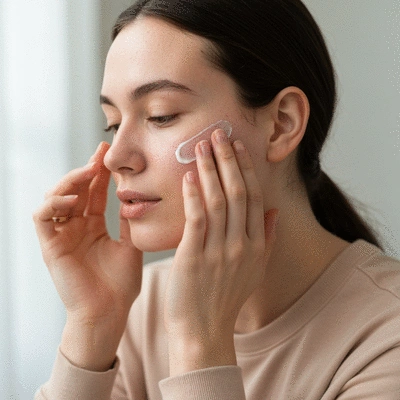
Many individuals with this skin type often find themselves caught in a cycle of using harsh products that exacerbate dryness, leading to a frustrating situation. That’s why understanding the nuances of dry acne skin is crucial for effective management.
Why Traditional Acne Treatments Can Exacerbate Dryness
Traditional acne treatments often contain strong ingredients that target breakouts but can also strip the skin of necessary moisture. Ingredients like benzoyl peroxide and salicylic acid work wonders for acne but can leave your skin feeling tight and flaky if used improperly. The American Academy of Dermatology Association provides further insights into effective acne treatments.
- Over-usage of traditional treatments can lead to a compromised skin barrier.
- Many people mistakenly believe that drying out acne will lead to clearer skin.
- It's essential to find a balance between treating acne and maintaining hydration.
Using these treatments without pairing them with adequate moisturization can lead to increased irritation and discomfort. Thus, it's vital to adopt an approach that considers both aspects.
The Importance of Moisturization for Acne-Prone Skin
Moisturization is not just an extra step; it’s a critical part of any skincare routine for dry and acne-prone skin. By keeping the skin hydrated, you help maintain its barrier function, which can reduce acne flare-ups. When your skin feels comfortable, it’s less likely to overproduce oil, which can lead to more breakouts! CeraVe explains more about the causes and treatments for dry skin and acne.
- Choose a lightweight, non-comedogenic moisturizer that hydrates without clogging pores.
- Look for products that contain key ingredients like glycerin and hyaluronic acid.
- Incorporate a moisturizing routine twice daily for optimal results.
At Dry Acne Solutions, we emphasize that a well-hydrated skin barrier is your best defense against acne. Trust me, your skin will thank you!
Key Ingredients to Look For: How They Impact Dryness and Acne
When selecting products for dry acne skin, it's crucial to focus on specific ingredients that can offer dual benefits. Not only should they combat acne, but they should also support hydration. Here are some key ingredients I recommend:
- Hyaluronic Acid: A powerful humectant that draws moisture into the skin.
- Niacinamide: Helps reduce inflammation and improves the skin's barrier function.
- Ceramides: Essential for restoring and maintaining the skin's natural barrier.
- Aloe Vera: Known for its soothing properties, perfect for calming irritated skin.
Choosing products with these ingredients can significantly improve your skin's overall health and resilience against dryness and acne. Remember, the right balance is key!
Pro Tip
Did you know? Incorporating a gentle exfoliation step into your skincare routine can help remove dead skin cells without aggravating dryness. Opt for a chemical exfoliant containing lactic acid, which is milder and can effectively smooth your skin while promoting hydration. This balance can make a significant difference in managing both dryness and acne!
Frequently Asked Questions About Dry Acne Skin
Why do traditional acne treatments often make my skin dry?
Traditional acne treatments commonly contain strong active ingredients like benzoyl peroxide and salicylic acid. While effective at combating acne, these ingredients can strip the skin of its natural oils, leading to dryness, tightness, and flakiness if not properly balanced with moisturization.
Is moisturization really necessary for acne-prone skin?
Yes, moisturization is crucial for acne-prone skin, especially when it's also dry. Proper hydration helps maintain the skin's barrier function, which is vital for protecting against irritants and preventing excessive oil production. A well-hydrated barrier can actually reduce acne flare-ups.
What key ingredients should I look for in skincare products for dry acne skin?
For dry, acne-prone skin, look for ingredients that offer dual benefits. Key ingredients include Hyaluronic Acid (for hydration), Niacinamide (for inflammation and barrier support), Ceramides (for barrier repair), and Aloe Vera (for soothing irritated skin).
Can probiotics and green tea extract help with dry acne?
Yes, probiotics can help balance the skin's microbiome, reducing inflammation and improving overall skin health. Green tea extract is rich in antioxidants and has anti-inflammatory properties that can combat skin damage, reduce redness, and soothe irritation, offering a holistic approach to managing dry acne.
When should I consult a dermatologist for my dry acne?
It is highly recommended to consult a dermatologist for personalized recommendations, especially if you're struggling to find an effective routine. A professional can assess your specific skin type and concerns, providing tailored guidance and treatment plans to effectively address both dryness and acne.
Summarizing Key Strategies for Managing Dry Acne
Managing dry acne can feel like a juggling act, but with the right strategies, you can achieve the balance your skin craves. Here’s a recap of the most effective spot treatments that won't dry your skin out:
- Choose products with non-drying active ingredients like niacinamide and tea tree oil.
- Opt for gentle formulations that include hydrating agents like hyaluronic acid.
- Incorporate soothing botanicals that help calm inflammation while targeting acne.
These approaches not only help in treating breakouts but also in maintaining hydration levels, crucial for your unique skin type. Remember, it's about finding the right balance!
Final Thoughts on Caring for Dry Acne-Prone Skin
As we wrap up this discussion, it's essential to remember that caring for dry acne-prone skin is a journey. Your routine should focus on hydration and gentle treatment options. Have you found a specific routine that works for you? Sharing your insights can help others on the same path!
In my practice at Dry Acne Solutions, I often see patients struggle with the constant trial and error of products. My best advice? Stick to a consistent routine and give your skin time to adjust. If something isn't working, don't hesitate to switch it up! For more in-depth information on the scientific backing of these approaches, you can refer to research on skincare for acne and dryness.
Understanding the Role of Probiotics and Green Tea Extract in Skin Health
Probiotics and green tea extract can play vital roles in enhancing your skin health. Probiotics, particularly, are known to help balance skin's microbiome, which can reduce inflammation and improve skin's overall appearance. Green tea extract is rich in antioxidants, helping to combat skin damage and soothe irritation.
- Probiotics: Help restore the skin's natural barrier and can improve skin hydration.
- Green Tea Extract: Has anti-inflammatory properties that reduce redness and irritation.
Incorporating these ingredients into your skincare products can provide a holistic approach to treating dry acne while promoting healthier skin. What ingredients are you currently excited to try? Don’t hesitate to reach out with your thoughts!
Next Steps: Finding the Right Product for Your Skin Type
Encouragement to Consult a Dermatologist for Personalized Recommendations
As you embark on your skincare journey, I highly encourage consulting a dermatologist for personalized recommendations tailored to your specific needs. Each skin type is unique, and a professional can guide you in finding the right products that effectively address both dryness and acne.

At Dry Acne Solutions, we believe that everyone deserves to feel confident in their skin. A dermatologist can help you navigate the complexities of treatments and create a customized plan that works for you!
Call to Action: Share Your Experiences and Questions
Have you tried different products or routines to tackle dry acne? I’d love to hear your experiences! Feel free to share your thoughts, questions, or even your triumphs in the comments below. Let's support each other in this journey toward achieving healthy, vibrant skin!
Recap of Key Points
Here is a quick recap of the important points discussed in the article:
- Understanding that dry acne skin requires a balance between hydration and acne treatment.
- Traditional acne treatments can exacerbate dryness if not used with moisturizers.
- Moisturization is critical; opt for lightweight, non-comedogenic products containing glycerin and hyaluronic acid.
- Key ingredients to seek in products include hyaluronic acid, niacinamide, ceramides, and aloe vera.
- Consulting a dermatologist can provide tailored recommendations for managing dry acne effectively.
